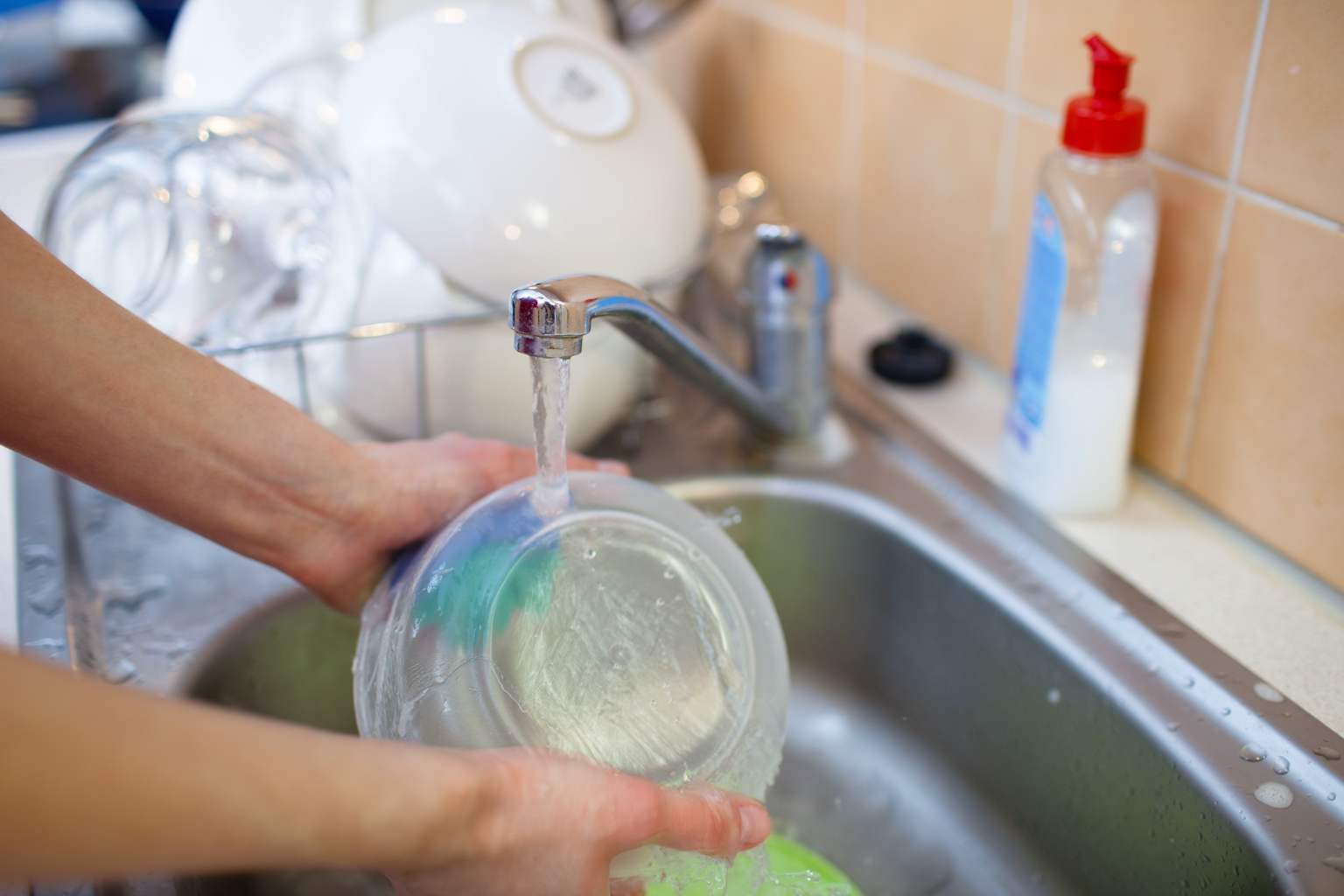Have you ever caught yourself scrubbing off every last crumb from your plates before tossing them in the dishwasher? It’s a habit many of us cling to, convinced that rinsing is essential. But what if all this effort isn’t just unnecessary but actually working against your dishwasher’s effectiveness? The real story behind this long-standing kitchen debate might just surprise you.
How modern dishwasher technology changes everything
For decades, we’ve heard the rule: clear off every scrap of food before starting the dishwasher. This advice dates back to a time when dishwashers ran on simpler technology and less efficient cycles. Today’s machines have come a long way. Most new dishwashers come equipped with sophisticated smart sensors that detect how dirty your dishes are and fine-tune the washing cycle accordingly.
These sensors work with a clever system that shines a light on your dishes to analyze leftover food particles. The dirtier your plates, the stronger and longer the wash cycle. Ian Palmer-Smith, a household appliance expert, points out that if you rinse your dishes beforehand, you might be throwing off this intelligent sensor system. It could mistakenly assume your dishes are cleaner than they really are and shorten the cleaning cycle, leaving spots or residue behind.
If you’re unsure whether your dishwasher has smart sensors, a quick peek at the user manual or the control panel can give clues. Look for terms like “automatic wash” or “smart cycle” — these usually indicate sensor-driven technology.
Why rinsing can wash away cleaning power
The story doesn’t end with the machines. The very detergents we use have evolved, too. Today’s dishwasher detergents contain powerful enzymes designed to latch onto food particles and break them down efficiently throughout the cycle. But here’s the catch: when you rinse your dishes before loading, you wash away those food particles that the enzymes need to do their job.
Think of these enzymes as hungry helpers. If there’s no food residue left for them to “feed” on, they become useless, and their cleaning power is lost. So, ironically, all that pre-rinsing you do can rob your detergent of its full effectiveness.
I remember the first time I tested this myself—I ran the dishwasher twice on the same load, once rinsed and once straight from the table. The load that went in without rinsing came out cleaner and shinier. It was a practical lesson that stuck with me: trusting the machine and detergent works better than micromanaging every plate.
Save water, energy, and time by skipping the rinse
Beyond cleaning performance, rinsing your dishes first also wastes precious resources. While it might feel like a small step, running your faucet for just a minute can use over a gallon of water. Over days and weeks, those gallons add up considerably, not to mention the extra energy your water heater works up to warm that rinse water.
By skipping the rinse, your dishwasher works smarter, not harder, conserving both water and energy. Plus, it frees you up to relax or get on with other tasks instead of standing over the sink.
Of course, this doesn’t mean you should load heavily burnt or dried-on food scraps into your dishwasher—that’s a quick scrape away. But the days of rinsing every dish under running water are behind us in the age of smart dishwashers.
Isn’t it freeing to think your dishwasher knows best? Have you noticed any difference when you stopped rinsing? Share your experiences or give it a try, then come back and tell us what you think! Your tips, questions, and dishwasher stories might just help others rethink their kitchen routines.
